Surfers may have a reputation for being chill people, but big-wave surfing is one of the most dangerous sports on the planet. For true big-wave surfers, the glory of riding a tsunami is a rush worth dying for.
Wiping out on a 20-foot-plus wave can push surfers as far as 50 feet below the surface of the water. After regaining composure and figuring out which way is up, they have less than 20 seconds to get to the surface before the next monster wave comes crashing down.
Brazil’s Rodrigo Koxa received the legendary award for surfing the largest wave ever recorded on Saturday, April 28, at the World Surf League’s Big Wave Awards in Santa Monica, California. A wave he caught last November off Nazaré, Portugal, on the Atlantic coast between Lisbon and Porto was 80 feet high.
Koxa’s ride beat the previous record of 78 feet set by American Garrett McNamara, also at Nazaré, in 2011.
So how are these waves measured? According to Surfer magazine, it’s based on the height of the surfer.
“It starts with a handful of big-wave statesmen and experts gathering in a room in Huntington Beach, [Calif.], discussing each of the nominated rides at length, and then busting out the trusty ol’ ruler and calipers. Using oversized images of the waves, and the known heights of each surfer, they estimate the [surfer’s] crouching height in the moment the photo was taken, creating a scale that they can then use to determine the overall height of the wave, from trough to lip. And then, bingo — you’se got a reasonably accurate measurement on a monster wave.”
For Koxa, his incredible feat wasn’t just about having the courage to confront the wave — it was also about overcoming a near-death experience he’d endured years earlier.
“I try to surf big waves all my life and I had a huge experience in 2014 where I almost died at Nazaré,” Koxa said at the ceremony. “Four months later, I had bad dreams, I didn’t travel, I got scared, and my wife helped me psychologically. Now, I’m just so happy and this is the best day of my life.”






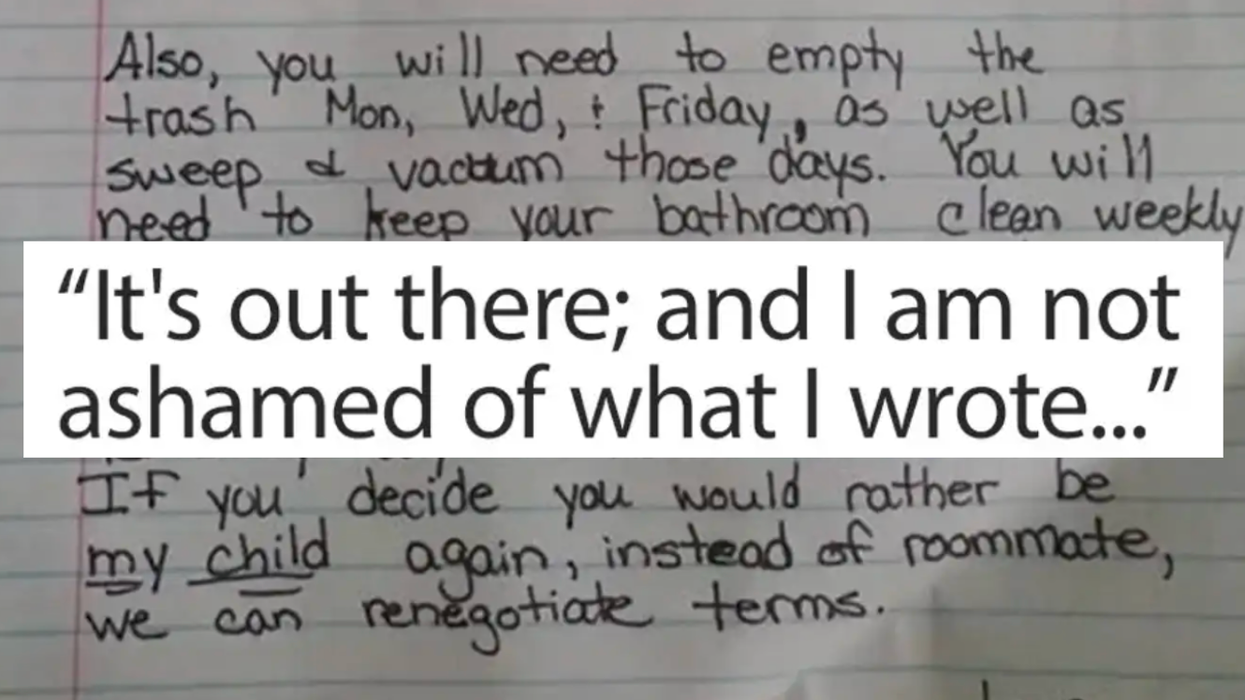
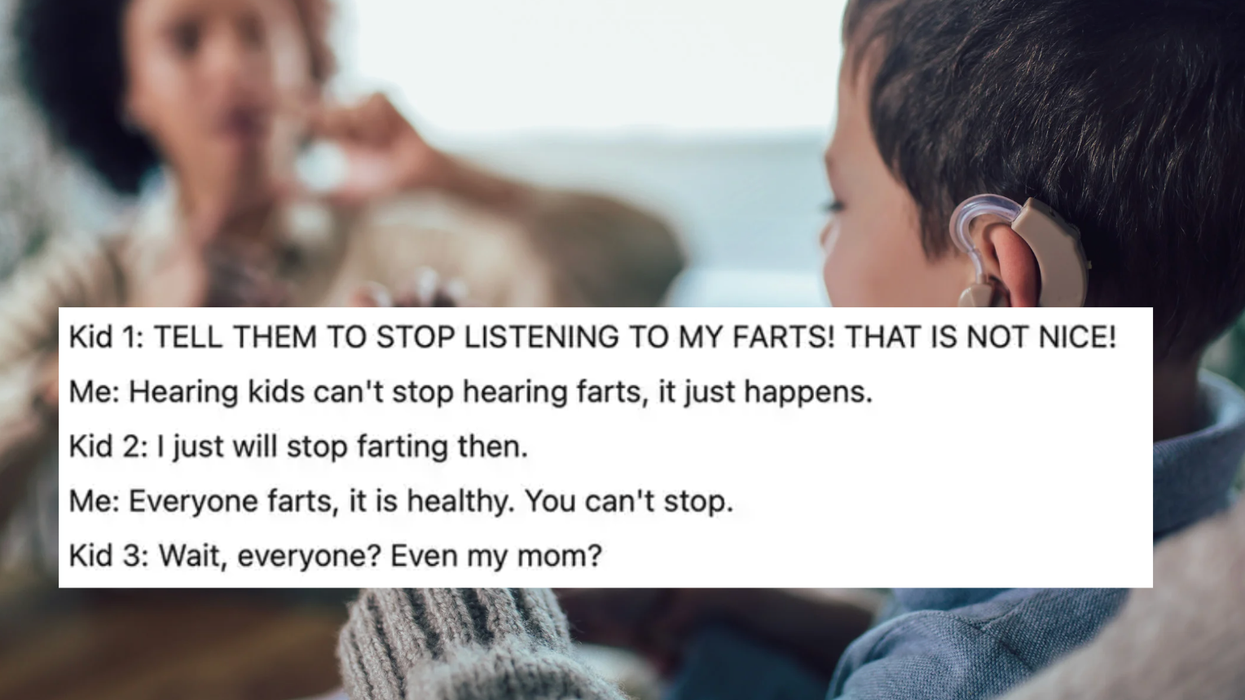

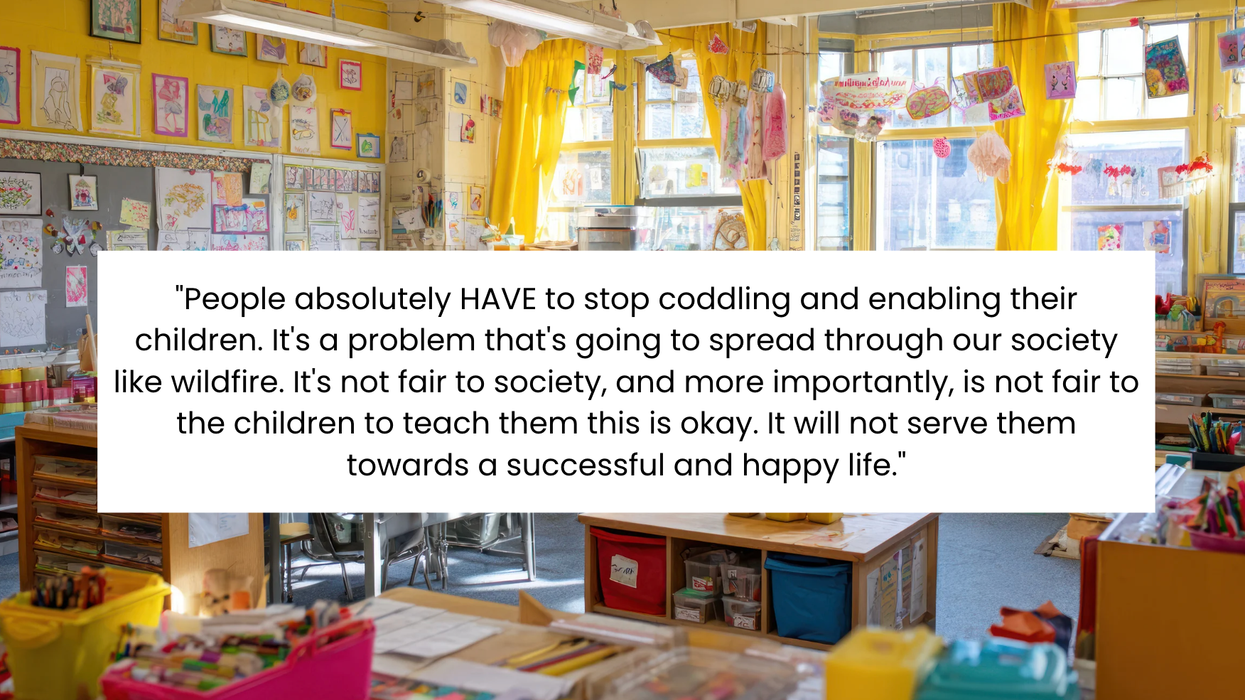







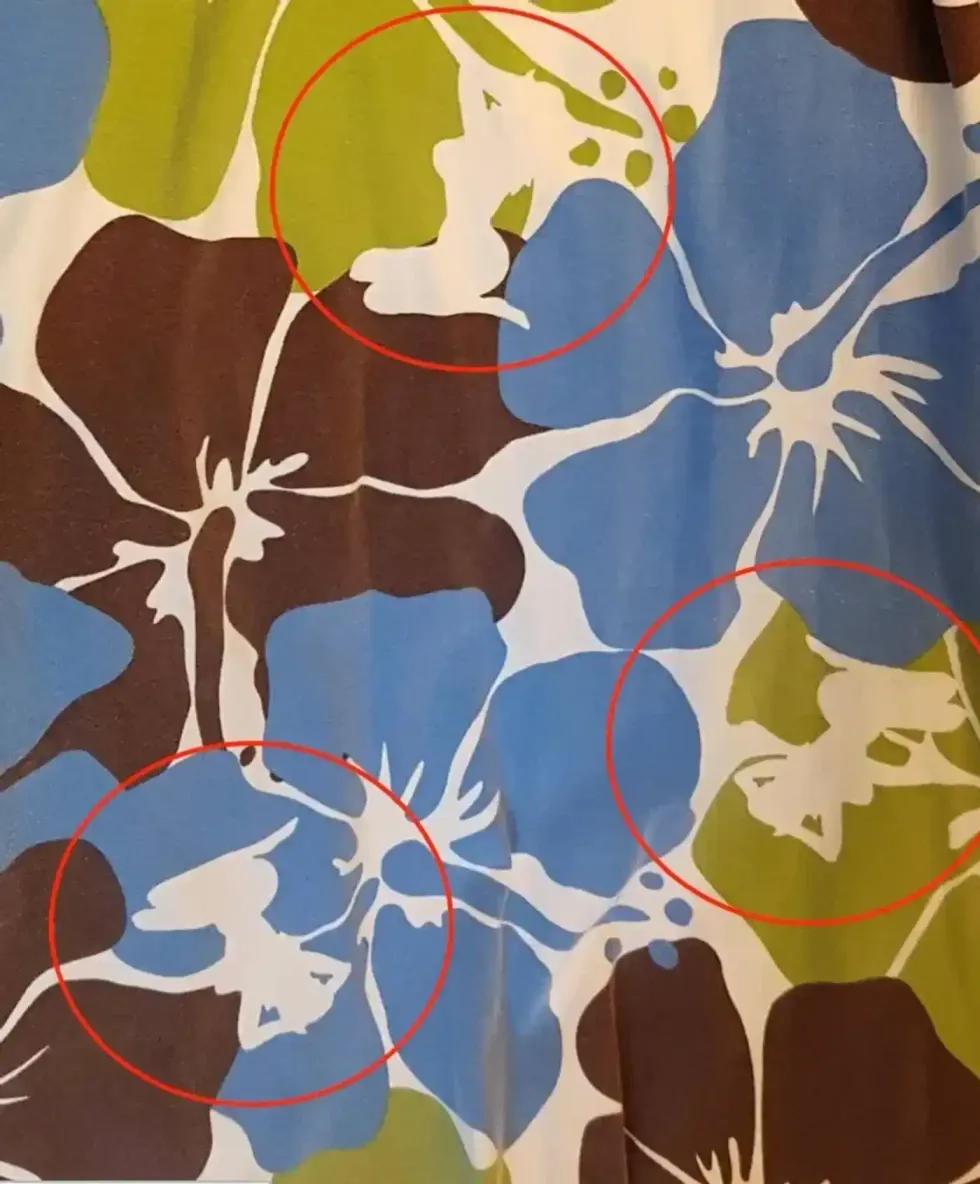 Image of the floral dress with the risque images circled
Image of the floral dress with the risque images circled 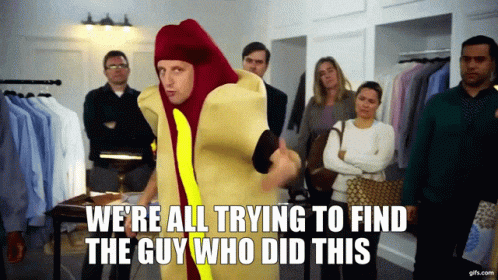 Gif of Tim Robinson via
Gif of Tim Robinson via 
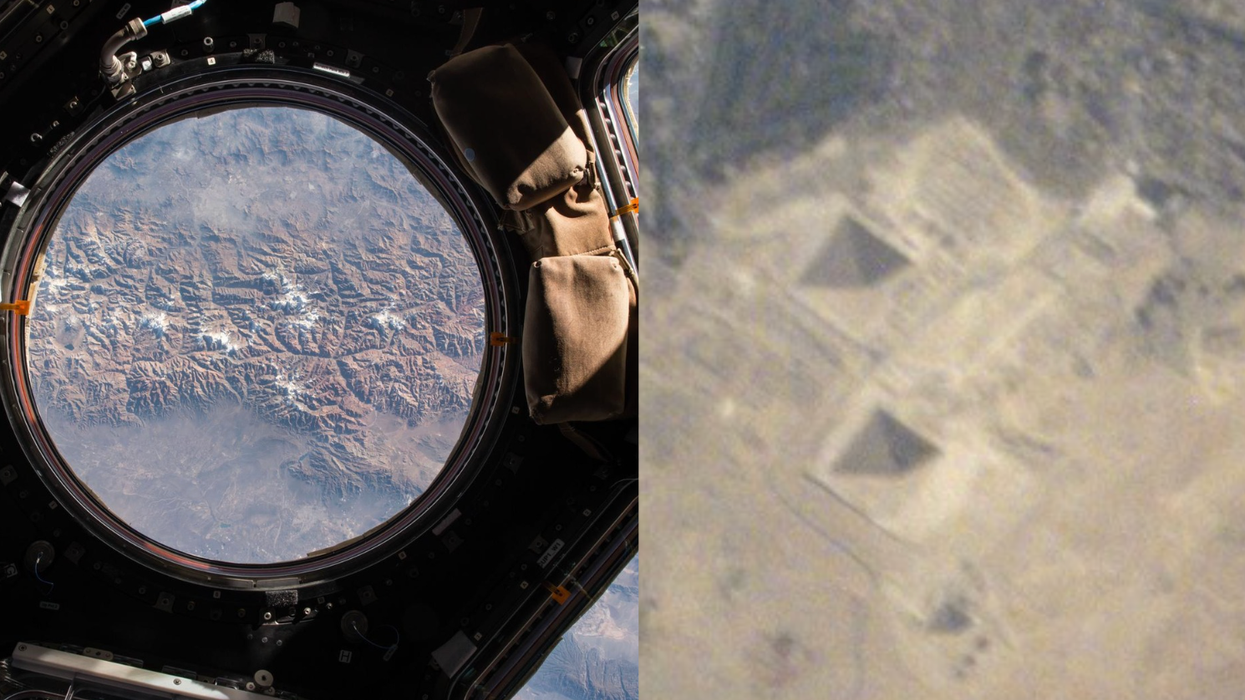

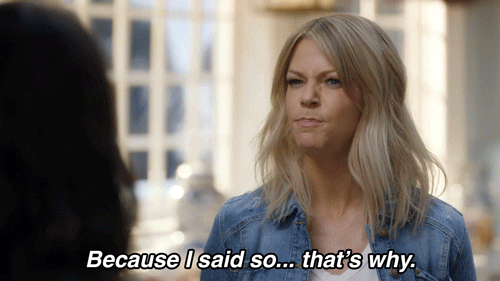 Gif of Kaitlin Olson saying "Because I said so ... that's why" via
Gif of Kaitlin Olson saying "Because I said so ... that's why" via 

 A hand holds several lottery ticketsCanva
A hand holds several lottery ticketsCanva "Simpsons" gif of newscaster winning the lotto via
"Simpsons" gif of newscaster winning the lotto via 

 Kids on their computers.Photo credit:
Kids on their computers.Photo credit:  Young girl holds a drone.Photo credit
Young girl holds a drone.Photo credit  Playing with bubbles.Photo credit:
Playing with bubbles.Photo credit:  Friends on the computer.Photo credit:
Friends on the computer.Photo credit: